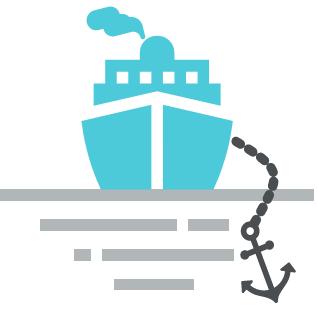Increased Risks in Danish Straits: Rise in Dark Fleet Tankers Refusing Pilot Services
With partial sanctions on Russian oil shipping starting in 2022, Danish maritime authorities have grown increasingly concerned about the risks associated with “dark fleet” tankers transporting crude from Russia’s Baltic terminals. These tankers, often lacking insurance, pose significant hazards in the narrow Danish Straits, where collisions or groundings are a serious concern.
Recent investigative reporting by Danwatch reveals that more of these tankers are choosing not to employ qualified pilots for their passage through the Danish Straits. Traffic records indicate that the number of tankers refusing pilot services has increased, with about 20 % of Russia-linked vessels now declining the Danish Navy’s recommendation for a marine pilot.
Denmark’s ability to mandate pilot use is constrained by the Copenhagen Convention of 1857 and the Treaty of Versailles, which guarantee free passage through the straits. Although Denmark strongly advises using pilots and the Danish navy actively encourages compliance, captains can opt to skip pilot services to save approximately $10 000 per trip.
Data shows a rise in refusals, from 10-14 % in the first three months of the year to 27 % between May and July, where it has remained high. Pilots are crucial for navigating confined waters, especially for ships that may be inadequately crewed or in poor condition. Unpiloted vessels have sometimes exhibited dangerous behaviors, prompting the Danish navy to issue warnings.
The risks were highlighted on March 2, when the tanker Andromeda Star, which was in ballast and heading to load oil at a Russian port, collided with another vessel. The incident underscores the dangers associated with pilot-less navigation in these crucial maritime routes.

